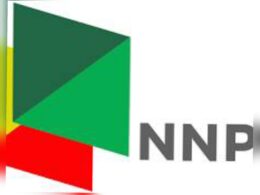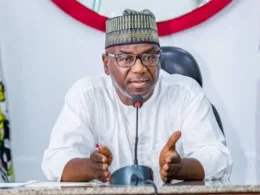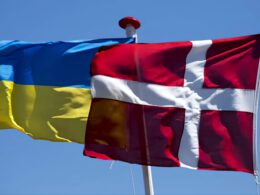A report recently submitted to the UN Security Council on Boko Haram and related terrorist organisations says the Nigerian government lied about “not paying any ransom” to free scores of female students kidnapped by the Boko Haram from their school in Dapchi, Yobe State, earlier this year.
Over 100 girls were kidnapped from the Dapchi school by a Boko Haram faction in February this year with about 105 of them later released by the terrorists. One of them, Leah Sharibu, who reportedly refused to denounce her Christian faith, is still with the abductors.
Nigeria’s information minister, Mr Lai Mohammed told journalists that it was not true ransom was paid for their release.
‘’It is not true that we paid ransom for the release of the Dapchi girls, neither was there a prisoner swap to secure their release,” Mr. Mohammed told journalists in Maiduguri with his statement circulated by his office to media organizations by his office.

The UN report, “22nd Report of the Analytical Support and Sanctions Monitoring Team”, related to Resolution 2368 (2017) regarding “Islamic State in Iraq and the Levant – ISIL – (Da’esh), Al-Qaida and associated individuals and entities,” said such ransom and the predominance of cash economy was providing oxygen for the insurgency around the Lake Chad region.
“In Nigeria, 111 schoolgirls from the town of Dapchi were kidnapped on 18 February 2018 and released by ISWAP on 21 March 2018 in exchange for a large ransom payment,” the report stated.
The UN report negating the Nigerian government’s stance reflects the manner of propaganda the Nigerian government and its military have been using to fight the war against Boko Haram.
“…extortion, charitable donations, smuggling, remittances and kidnapping as parts of ways Boko Haram is funded,” the report stated as quoted by the News Agency of Nigeria.
The report also stated how some “doctrinally based non-governmental organisations” were funding Boko Haram and other terror groups.”
“The number of doctrinally based non-governmental organisations sending funds to local terrorist groups was growing, and Member States were concerned that radicalisation was increasing the threat level in the Sahel.
“Meanwhile, Boko Haram (QDe.138) and the Islamic State West Africa Province (ISWAP) have had a similar impact in their areas of control, including the Lake Chad basin.
“The predominance in the region of the cash economy, without controls, is conducive to terrorist groups funded by extortion, charitable donations, smuggling, remittances and kidnapping.”
According to NAN, “the report was signed by Edmund Fitton-Brown, Coordinator, Analytical Support and Sanctions Monitoring Team, who said the report was “comprehensive and independent”, and Kairat Umarov, Chair, Security Council Committee.










Join our Channel...